The Sekem Vision

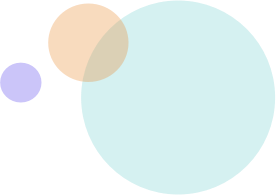
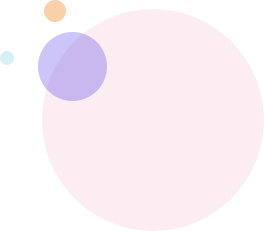
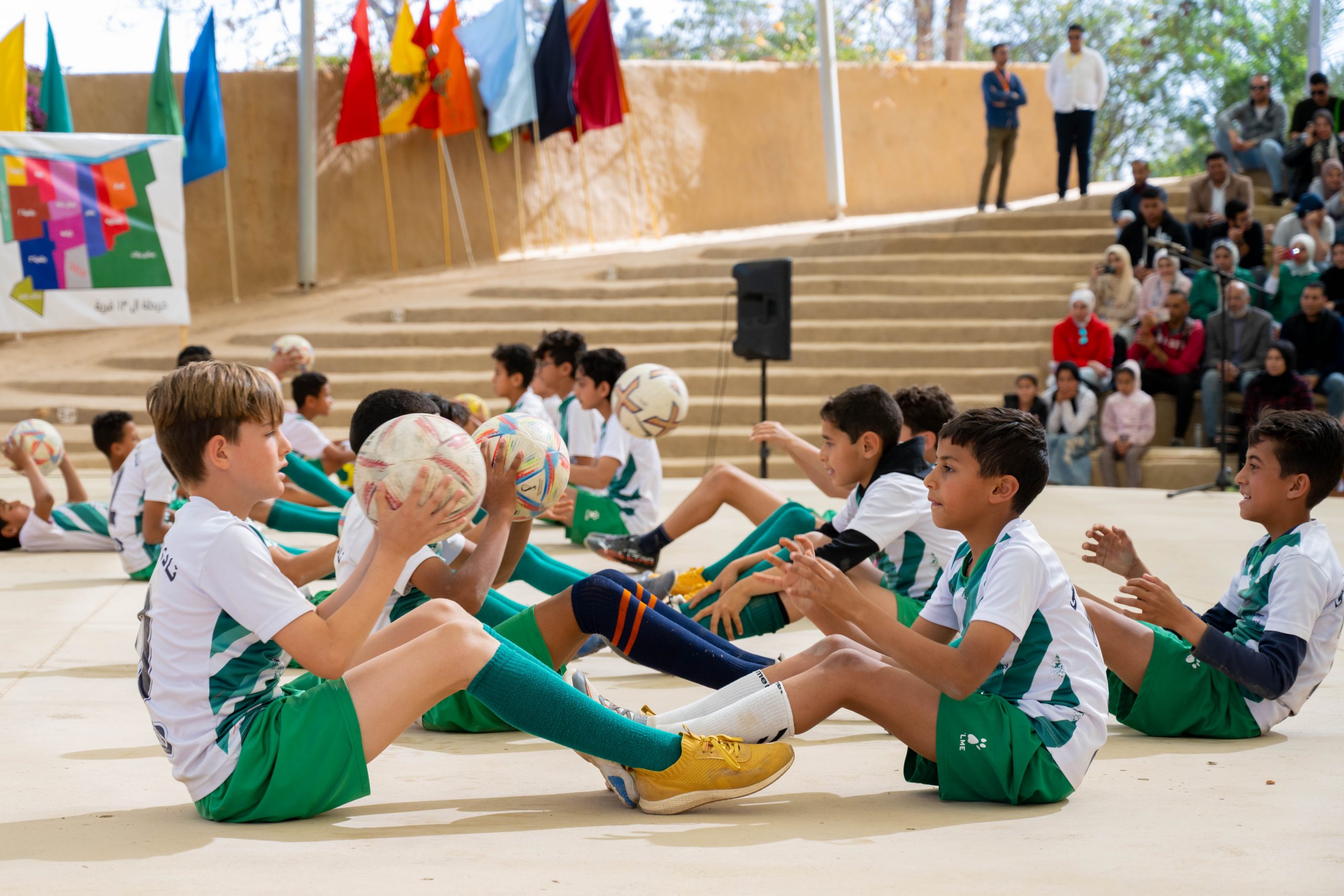
Discover SEKEM's inspiring story
“Sweet as the Moment When the coworking Went 'Pop”
In 1977, Dr. Ibrahim Abouleish founded SEKEM in a desert area about 60 km northeast of Cairo. Here, he set out to implement his vision of sustainable human development by establishing the first farm. The name SEKEM comes from an ancient hieroglyph meaning "vitality from the sun."
SEKEM is a social and ethical beacon in the world, based on biodynamic agriculture and an intercultural lifestyle. SEKEM contributes to the holistic development of individuals, communities, and the environment in an otherwise very poor area of Egypt. In addition, there is a school and kindergarten based on Rudolf Steiner’s pedagogy. These welcome the children of SEKEM workers as well as children from the surrounding area. Pollution, drought, poverty, and illiteracy are just some of the challenges SEKEM faces. Today, the first SEKEM farm covers over 3,000 feddan. New farms are also being established through the "Greening the Desert" project, called Privat SEKEM, as pollution from Cairo has become so severe that herbs, vegetables, and fruits grown at SEKEM are being contaminated. By 2025, more than xx farmers are SEKEM farmers — and the development continues. SEKEM owns the following factories:
• Nature TEX – a factory producing organic cotton clothing
• ISIS – organic tea and food products
• Pharma ATOS – natural medicines
• Lotus – organic herbs and spices All products come from organic/biodynamic farming.
In 2012, SEKEM opened Heliopolis University, the first university dedicated to sustainability in the Arab-African world. The university welcomes students from around the world and, by 2025, expects to have about 3,000 students.
SEKEM – Sustainable Development Since 1977.
SEKEM was founded on the idea of sustainable development and giving back to society. The vision that led Dr. Ibrahim Abouleish to dig the first well in the vast desert land still echoes in SEKEM’s business approach today. This vision, mission, and values guide the daily work across all SEKEM enterprises like a compass. Sustainable development towards a future where every person can realize their full potential; where humanity lives together in social forms that reflect human dignity; and where all economic activity is conducted in harmony with ecological and ethical principles.
SEKEM – Ethical and Fair Business Practices
Modern societies around the world are primarily characterized by the division of labor in economic activities. Through cooperation, value is created and exchanged as products and services. In this exchange, it is essential that those who create these values are fairly rewarded for their efforts with a decent income. This income should enable them, within their social context, to achieve and improve such results also in the future. We recognize that to reach our ambitious goals, we need reliable business partners. Therefore, establishing a global collaborative network for value creation and fair exchange is fundamental to the sustainable development of the economy.
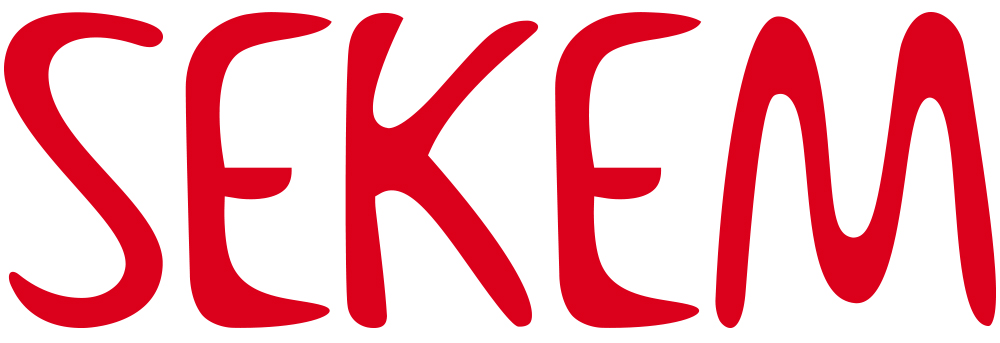
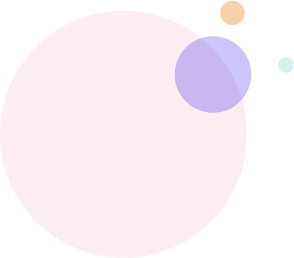
SEKEM – Promoting a Peaceful Society
Respect and dignity for every individual in SEKEM companies and the broader society are the guiding principles for building human relations. SEKEM's Code of Conduct explicitly commits to protecting and defending human rights in all activities and spheres of influence. Throughout the value chain, we strive to ensure fair wages and safe, healthy workplaces. SEKEM is deeply committed to gender equality and the empowerment of women. A peaceful and sustainable society can only be built on equal rights and opportunities. That is why SEKEM actively promotes the integration of women into all areas of life.
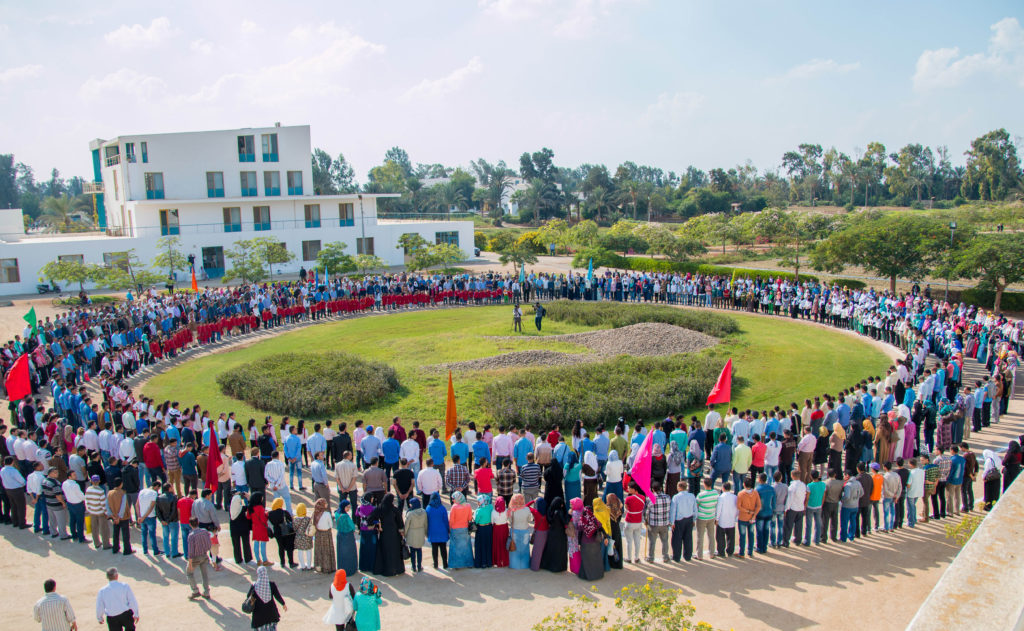
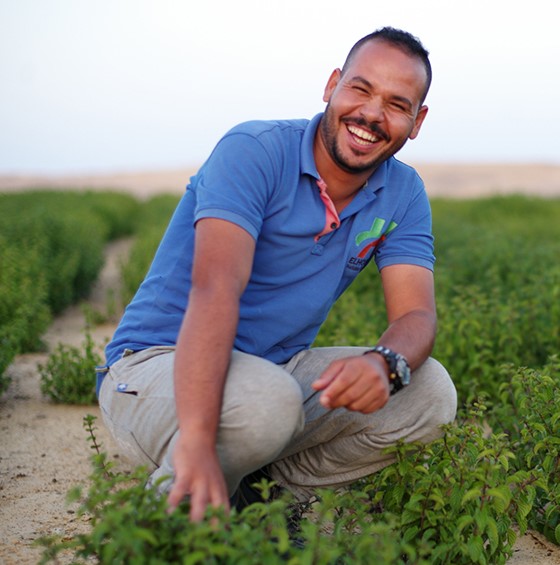
Unfolding Individual Potential
Sustainable cultural development means personal human development. People must be guided to their individual sources of inspiration, whether it be science, philosophy, religion, art, or beauty. This can only be achieved through freedom in cultural life and by establishing connections with other local cultures through a global network. Therefore, free education and the spiritual development of all people must be a top priority. Through a holistic approach, every individual can unfold their full potential and skills, enabling them to improve their own lives and contribute to the development of society and the nation.